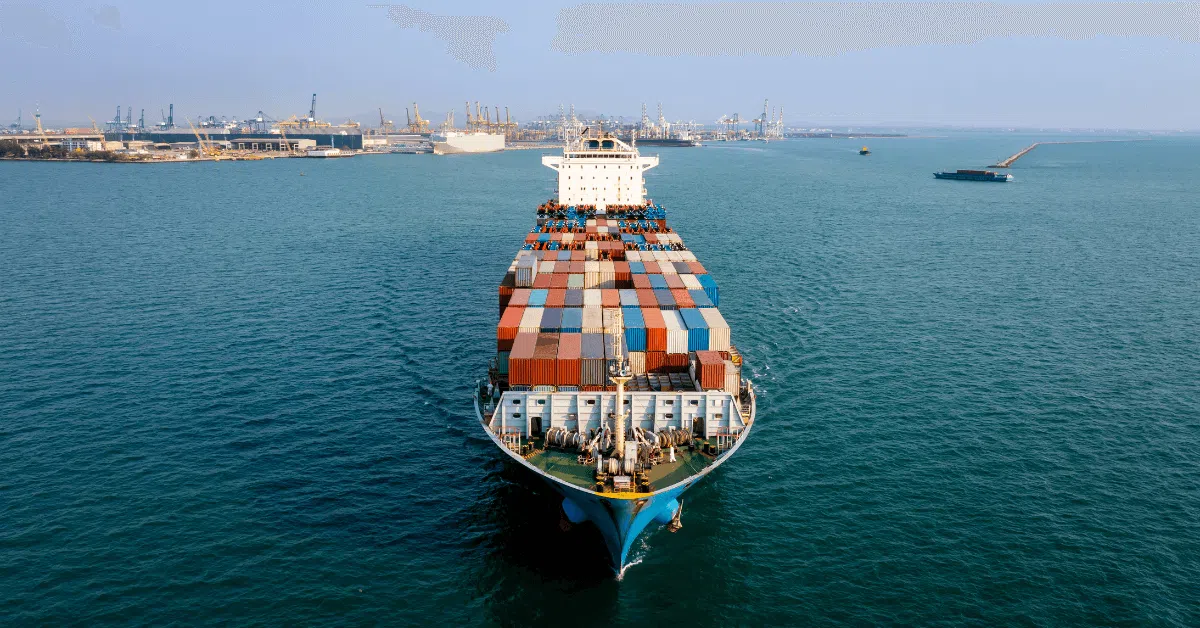Shipping Industry Network news, car carrier operator Höegh Autoliners and Norwegian chemical tanker owner Odfjell both believe that investment in Asian shipbreaking yards is necessary to meet future ship recycling capacity requirements.
The International Convention for the Safe and Environmentally Sound Recycling of Ships, 2009 (hereinafter referred to as the Hong Kong Convention) will come into effect on June 26, 2025. Its purpose is to ensure that ships, after reaching the end of their operational life, are recycled safely without posing any unnecessary risks to human health, safety, and the environment.
Andreas Enger, CEO of Höegh Autoliners, stated that eight ships from the Oslo-based car carrier operator Höegh Autoliners will be dismantled in Norway. The recycled steel plates will be reused in the Norwegian economy rather than melted down. At the same time, he is also promoting the upgrading of Asian shipbreaking yards.
He pointed out, “The ratification of the Hong Kong Convention is a good thing because it is very important for global shipping.”
Despite collaborating with the Oppsirk consortium on this groundbreaking project, Höegh Autoliners CEO Andreas Enger believes that a global solution for ship recycling is necessary.
He emphasized that the EU needs to fully accept the Hong Kong Convention, meaning abandoning its own standards and adopting the broader standards of the convention. This would increase the number of shipbreaking yards available to European shipowners.
In fact, the global shipbreaking industry is centered in South Asia, with facilities primarily located in countries such as India, Bangladesh, and Pakistan.
He stated, “South Asian countries are also eager to implement policies and regulations to demonstrate that qualified recycling and upgrading facilities outside Europe will be capable of handling our business.”
Shipbreaking yards can now apply for a Statement of Compliance (SoC) with the Hong Kong Convention to prove their capability to dismantle ships according to global standards.
The EU is currently continuing its review of Indian shipbreaking yards to determine compliance with standards and add them to the EU list of ship recycling facilities. The entire supply chain around the shipbreaking yards needs improvement, including working conditions and waste management.
Elin Saltkjel, Managing Director of Grieg Green, pointed out that to obtain the Statement of Compliance, shipbreaking yards need to focus on all aspects of their operations.
She noted, “The entire supply chain around the shipbreaking yards needs to be improved, including working conditions and waste management.”
According to her, “Some shipbreaking yards already have good enough conditions. But currently, the upgrading of local downstream waste treatment facilities might not yet be complete. Workers need access to medical services, but hospitals might still be under construction.” These factors could lengthen the time required for shipbreaking yards to gain approval.
More Funding Needed
In fact, compliance approvals for more shipbreaking yards are in progress. However, shipbreaking yards have been financially struggling to update their facilities to meet EU or Hong Kong Convention standards.
Over the past few years, the governments of Bangladesh and Pakistan have supported the renovation of some shipbreaking yards, knowing that the Hong Kong Convention would come into effect soon.
But due to shipowners delaying ship recycling, some yards have seen a decline in income, lacking funds for upgrades.
Norwegian chemical tanker owner Odfjell is currently sending one ship to the Alang shipbreaking yard in India for recycling. These yards are often associated with accidents caused by poor working conditions, with over 180 active beaching plots and several shipbreaking yards. In the early 1990s, Alang became one of the world’s largest shipbreaking locations.
Harald Fotland, CEO of Odfjell, said, “Currently, 120 of them are active beaching plots, and already 50 to 60 meet the requirements of the Hong Kong Convention.”
The Norwegian chemical tanker owner selected four yards from the approved beaching plots. Odfjell inspected these shipbreaking yards itself and hopes to gain EU support.
He pointed out, “Odfjell believes that further improvement of these shipbreaking yards can only be achieved through business. If we are not allowed to support these four yards, which in our view have very good conditions, they will not receive any investment in the future because they have no business.”





